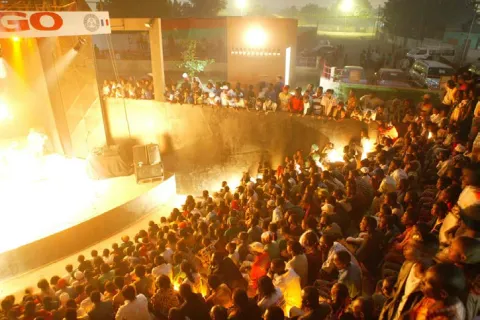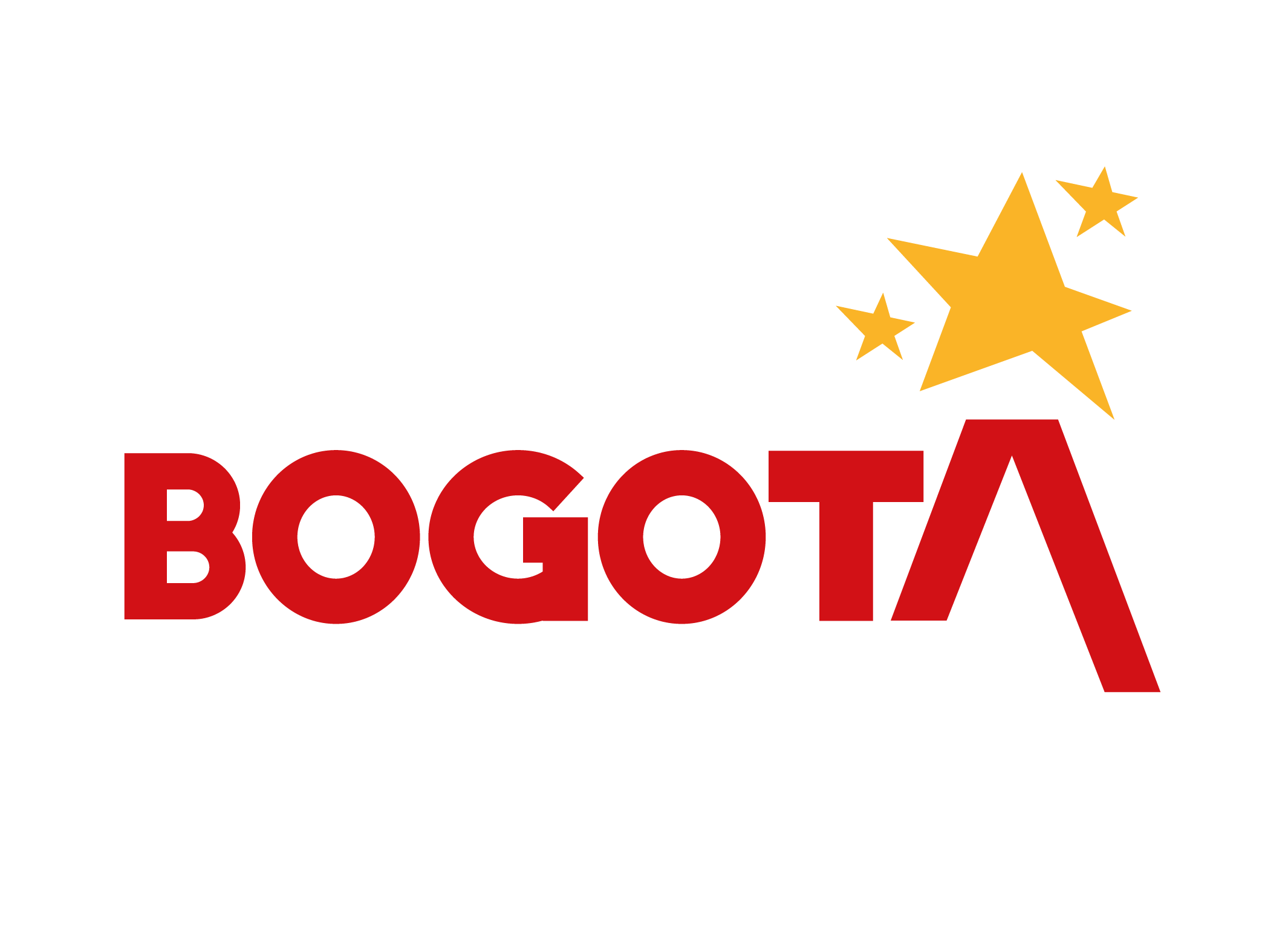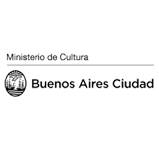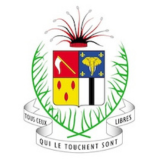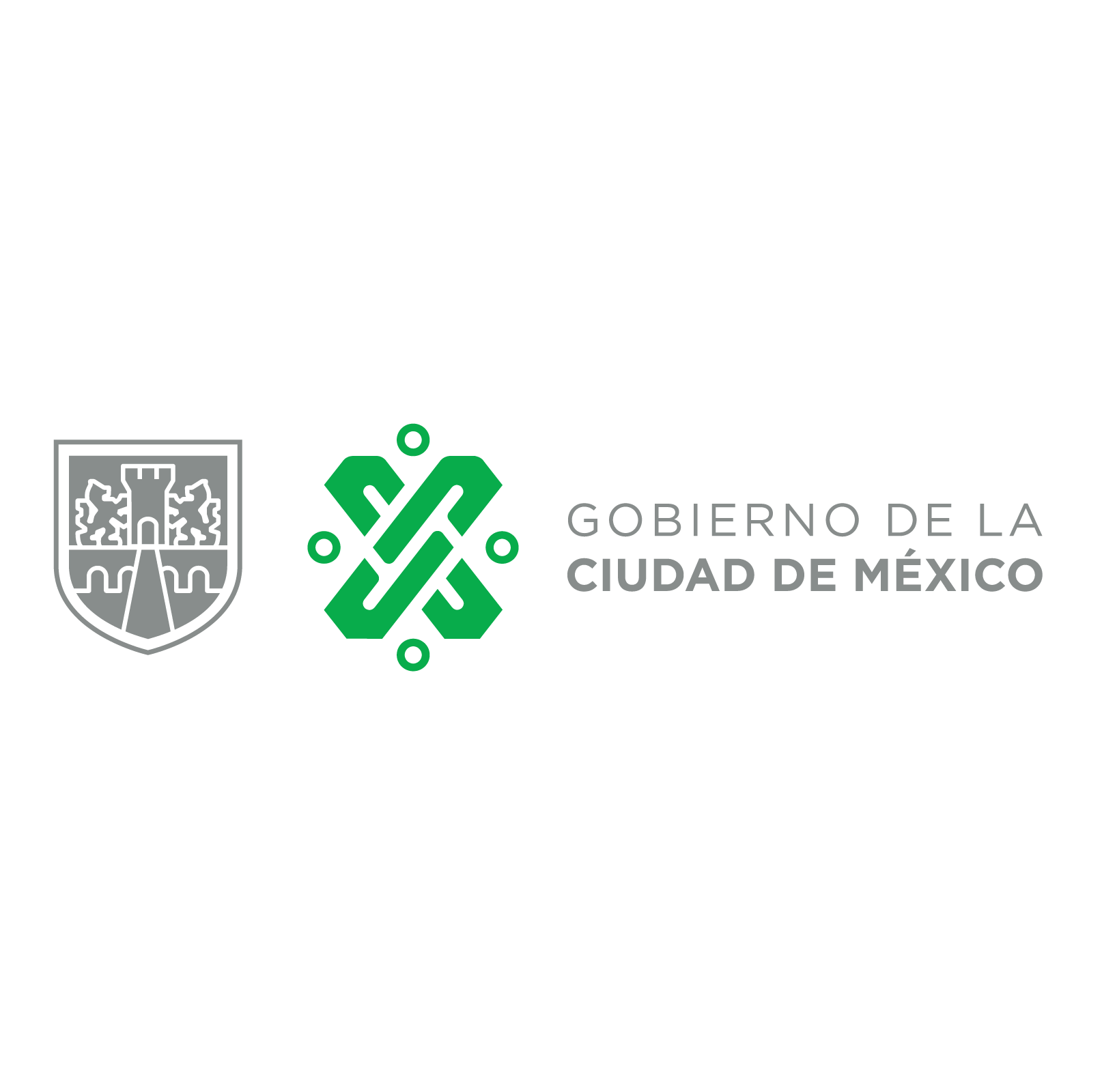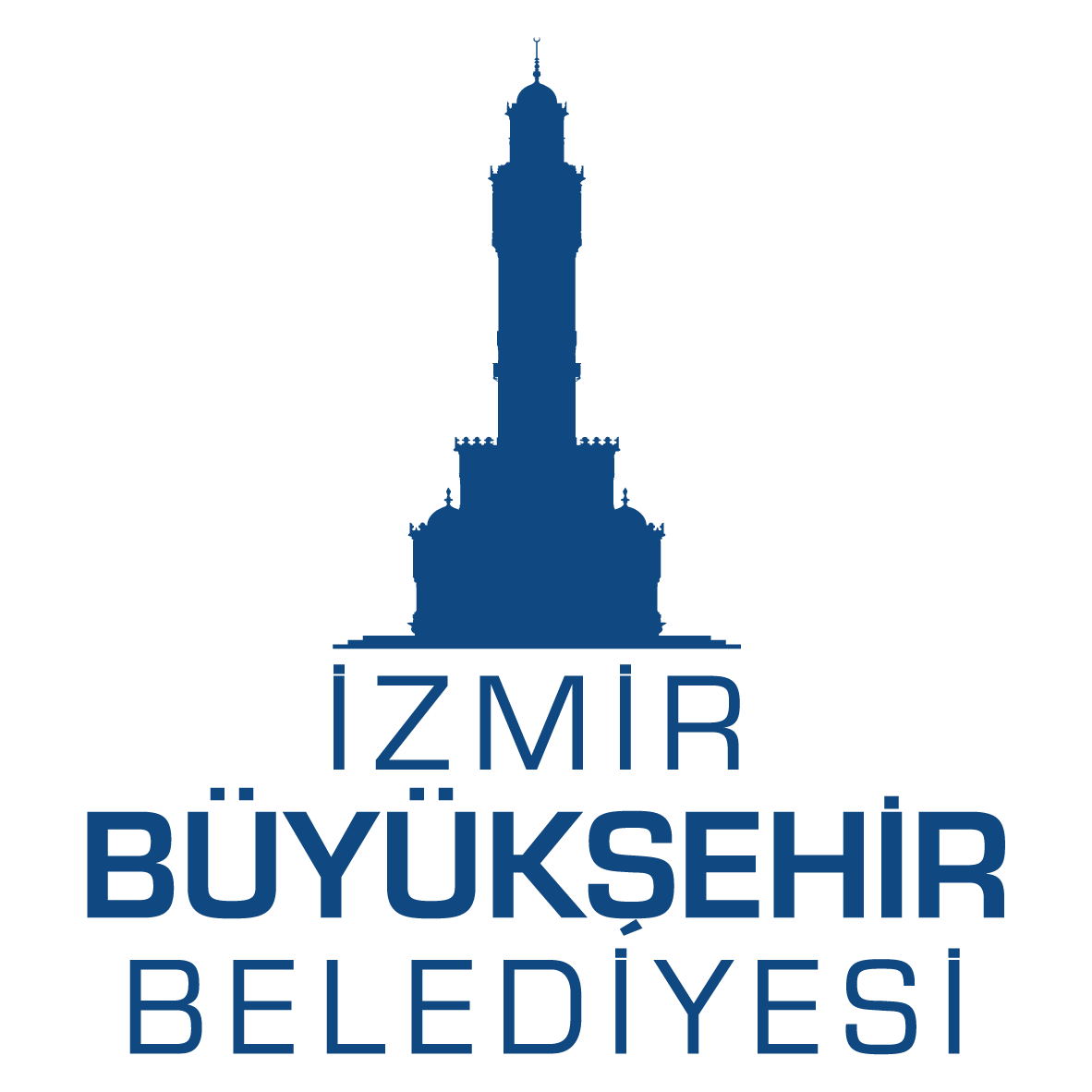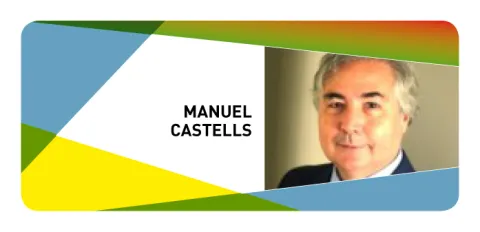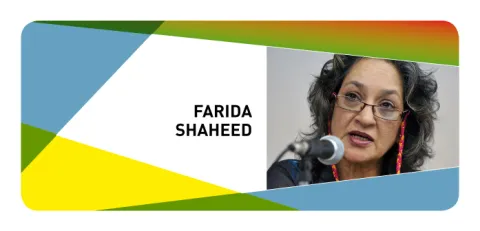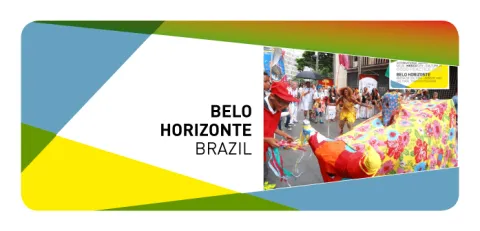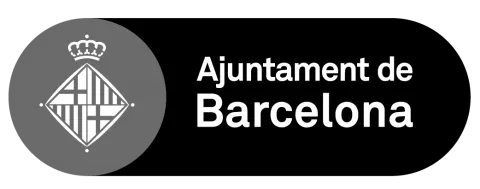1st edition 2013-2014
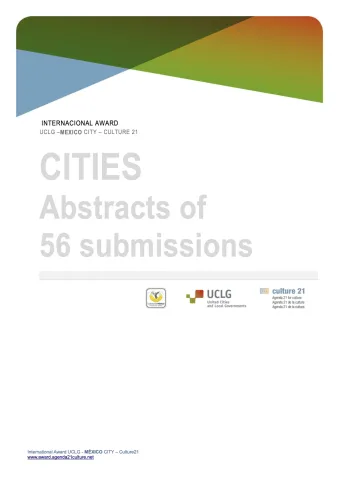
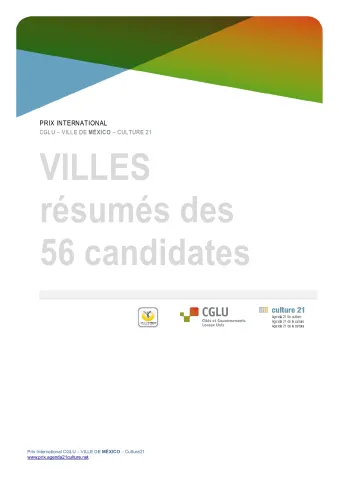
The Jury was formed by five members, international experts, highly eminent figures with a proven track record in the cultural world, ensuring this way the notoriety and relevance of the Award: Ing. Cuauhtémoc Cárdenas Solorzano (president of the Jury); Gonzalo Carámbula; Dr. Danielle Cliche; Catherine Cullen and Dr. Alicia Ziccardi.
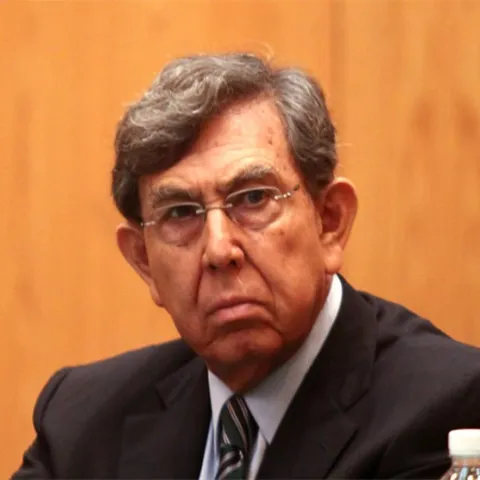
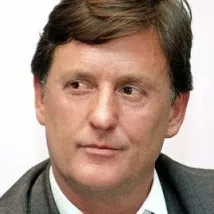
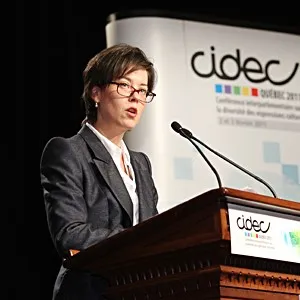
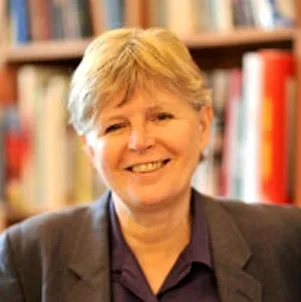
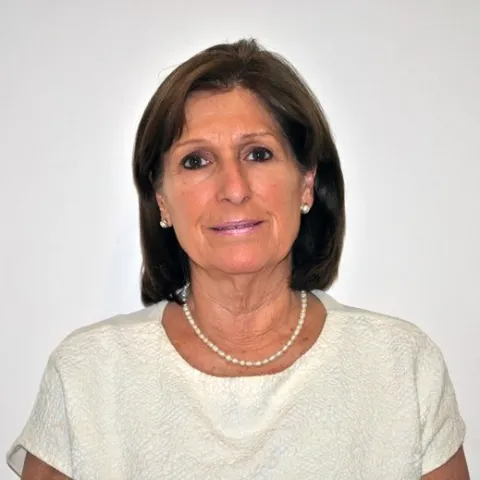
Read the document of presentation of the Jury, the communique of the Jury on the winners, and the complete report of the Jury of the 1st edition of the International Award:
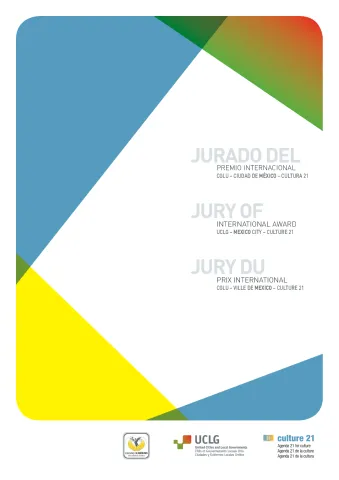
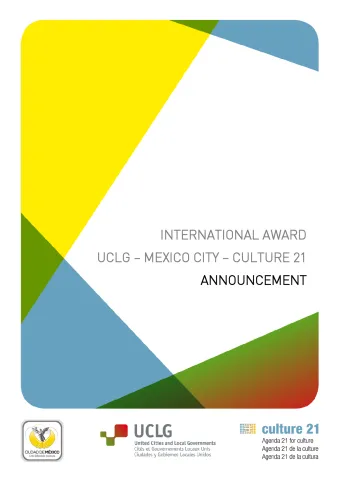
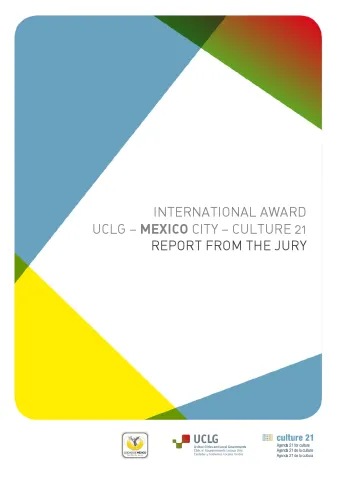
The organisers invite all the members of UCLG (direct or indirect) to nominate relevant personalities only through this form which will have to be sent to the email award (at) agenda21culture.net.
This nomination must be justified, by describing that individual’s contribution to the achievement of the objectives of the Agenda 21 for culture.

Professor Emeritus of Sociology and of City and Regional Planning of the University of California at Berkeley and Professor of Sociology and Director of the Internet Interdisciplinary Institute (IN3) in the Universitat Oberta de Catalunya. Manuel Castells’ work has emphasized the important role of social movements and new technologies in the transformation of the city. He has documented urban transformations, recognizing the important role that culture plays in these processes. He has promoted a more decisive role of cities and local governments in a globalization created by and for the people and social movements. He has systematically advocated a new model of sustainable society which includes diversity, locality and creativity as basic elements. He has promoted the concept of “project identity” to describe the collective action needed to guide the future of all societies.
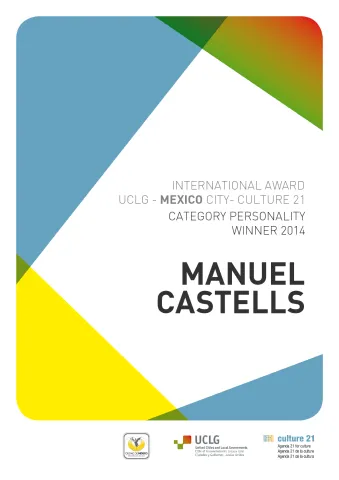
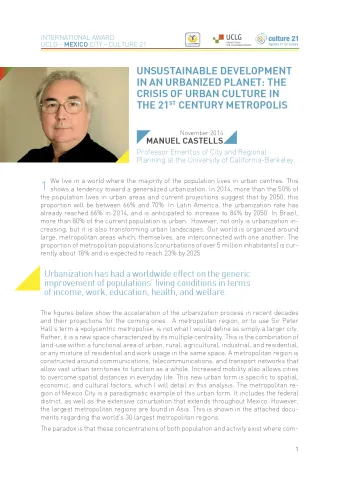
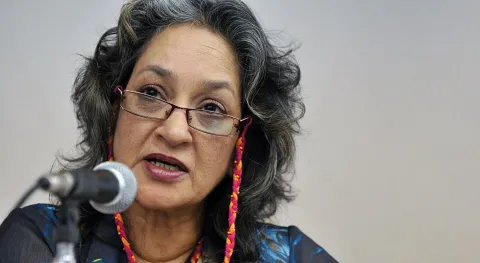
Pakistani sociologist, Farida Shaheed has worked on projects which incorporate culture to reinforce human rights. Her career in the United Nations began in 2009 as an independent expert and since 2012 she has been the Special Rapporteur in the field of cultural rights. From her position, Shaheed has proposed several initiatives to integrate culture and human rights. Farida Shaheed’s periodic reports are fundamental references in the relationship between culture, human rights and sustainable development. She has identified and documented the main challenges of cultural rights present in our societies, including the freedom of artistic expression, memory processes and cultural rights of women. She is an essential reference in the struggle for explicit consideration of culture in the Post-2015 Sustainable Development Goals of the United Nations.
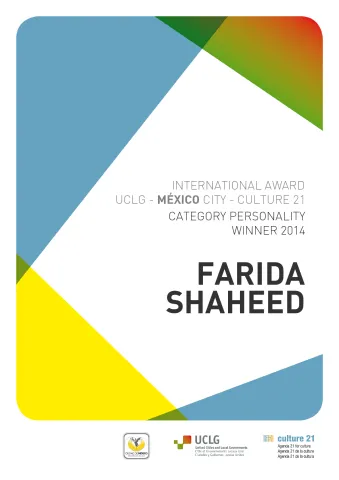
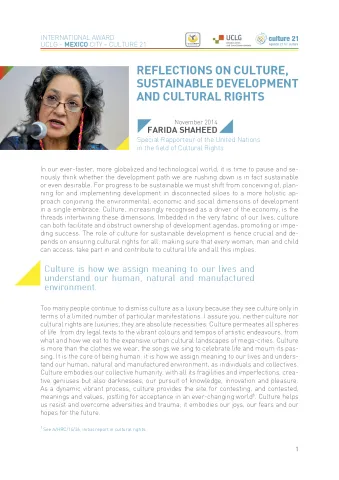
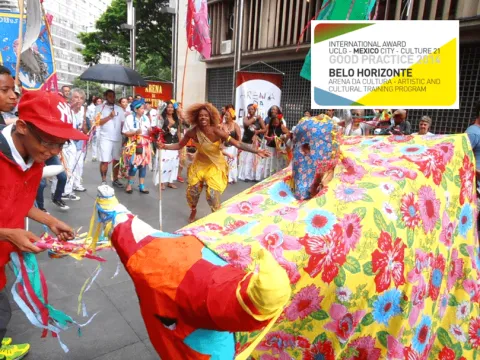
The programme “Arena da Cultura – Artistic and Cultural Training Programme” of the city of Belo Horizonte is the main project of the cultural policy of the city. Created in 1998, it is oriented toward the democratization of the cultural goods and services of the city, in order to reduce the social and territorial inequalities. The Jury emphasizes the integrality of the following elements: (a) the population: the programme is addressed to a diverse public, from 6 to 80 years of age with heterogeneous educational and socioeconomic levels; (b) the territory: the programme covers the entire city, including 16 cultural centers and 33 “BH Ciudadanía” (citizenship groups) and contributes to the significance of public spaces; (c) culture: the programme is based on a transforming artistic experience at the center of the entire process, with a careful evaluation of the work with professionals and artists as essential people for creating capacity, knowledge, skills and abilities in everyone; (d) governance: the programme has a management model which integrates public institutions and an extensive network or associated organizations, clubs and NGOs. The project provides evidence of a very positive impact on the cultural, social and territorial transformation of the city. It is a programme which perfectly applies principles and recommendations of Agenda 21 for Culture.
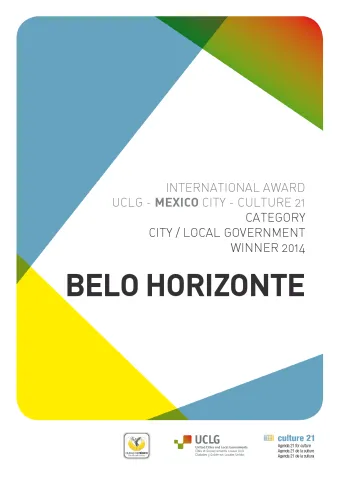
“Twinning for a Culture of Sustainability” presented by the city of Hannover (Lower Saxony, Germany), focuses on international cooperation in the area of culture with twinned towns, through three successive projects
(called aware&fair, fairCulture and KlimaKunstStädte), actively involving the cultural actors of the city and permitting citizen appropriation of cooperation projects.
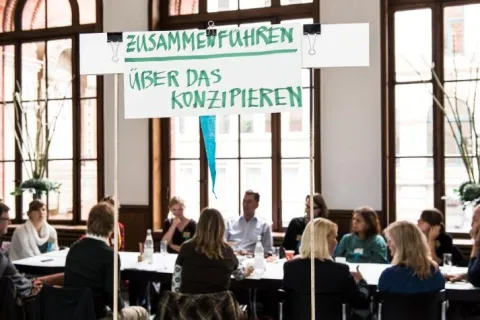
“The Reemdoogo, Music Garden”, presented by Ouagadougou (Burkina Faso), a project focused on the artistic and professional education of the city youth.The project links culture, from its intrinsic values, to processes of employment creation, to social cohesion and urban construction of the city, with user-friendly urban planning, perfectly symbolized by the garden.
